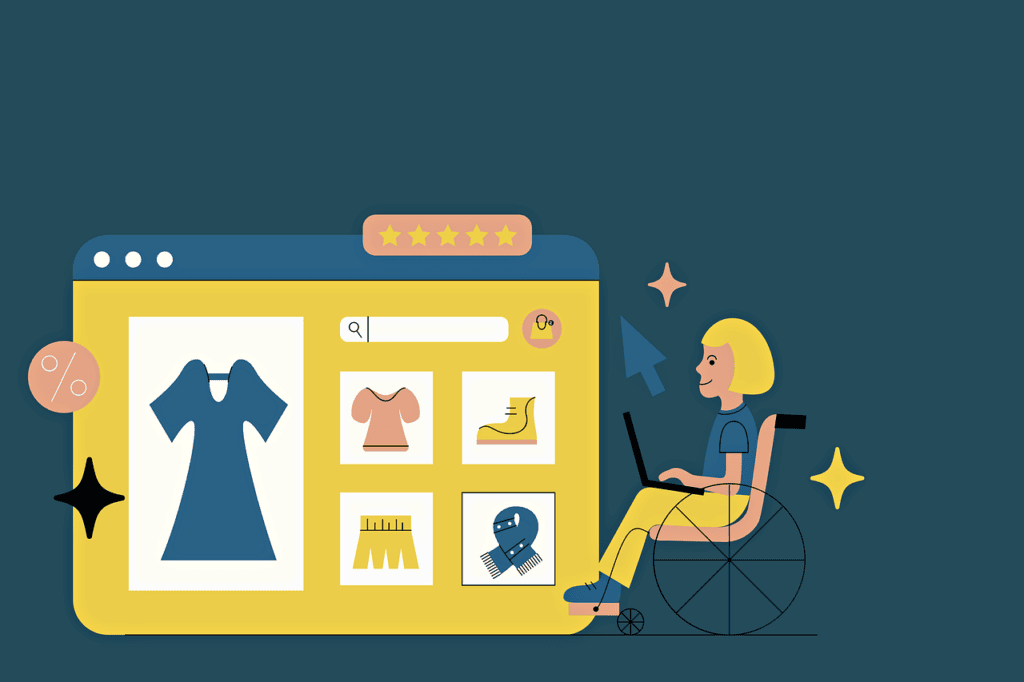Shopify has emerged as a powerhouse in the eCommerce world, offering businesses a flexible platform to build their online stores. However, one of the key decisions you’ll face is whether to go with a completely custom-built theme, a hybrid approach that blends customization with templates, or a pre-built template.

The 6 step approach to make purpose-driven business commercially viable
Guest Blog Exclusive! Greenkart brings you 6 top tips on making purpose-driven businesses commercially viable…
…


